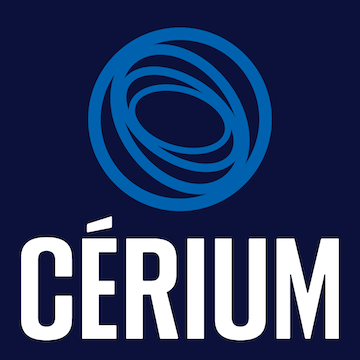Experts in: Colonization and decolonization
AYANGMA BONOHO, Simplice
Chercheur, Professeur adjoint
- Health
- International relations
- Development
- Africa
- Middle Africa
- 19th century
- 20th century
- 21th century
- Colonization and decolonization
- Colonies
- Empire and imperialism
- Economic history
- Social history
- Postcolonialism
- Sub-Saharan Africa
- Cameroon
- Congo
- Gabon
- Congo, the Democratic Republic of the
- Central African Republic
BATES, Karine
Professeure agrégée
- India
- Legal anthropology
- Kinship
- Legal pluralism
- Access to justice
- Colonization and decolonization
- Religion et politique
- Hindouisme
- Kinship and social structure
- Family
- Gender studies
- International migrations
- Ethnology
- Modern Times
- South Asia
- Emerging Powers
COENGA-OLIVEIRA, Danielle
Professeure adjointe, Chercheuse
- Feminist theories
- Gender and politics
- Colonization and decolonization
- Sexualités
- Brazil
- Women and politics
- Citizenship
- Democracy
- Human rights
- International cooperation
- Latin America
MARTIN, Pierre
Professeur titulaire, Chercheur
MEREN, David
Chercheur, Professeur agrégé
- International relations
- Canada
- Foreign policy
- Development
- Empire and imperialism
- Colonization and decolonization
- Colonialism
- 20th century
- Modern Times
- Canada (Québec)
- Quebec
- Globalization
- Nationalism
I have taught the international history of Canada and Quebec at Université de Montréal since 2011. My goal as a historian is to use cultural and social history, as well as postcolonial studies, to obtain and promote a deeper understanding of the history of Canada and Quebec in the world, and the way in which their international activities (governmental and non-governmental) have shaped and been shaped by the lived experiences of the peoples living in the northern portion of North America. I employ international history to explore Canada and Quebec as projects of rule, while situating them and their populations in global currents.
My first book, With Friends Like These: Entangled Nationalisms and the Canada-Québec-France Triangle, 1944-1970 (UBC Press, 2012), examines the complex triangular dynamic between Canada, Quebec and France by situating this in the broader currents of the history of globalization. It explores the concept of “nation” in an increasingly interconnected world, and parallel to this, the efforts to manage multiple overlapping identities. This monograph also is part of my ongoing effort to shed light on the question of “empire” in Canadian and Quebec history. These research interests also led to my co-editing a volume that offers and encourages a critical reinterpretation of Canadian international history through the prism of race Dominion of Race: Rethinking Canada’s International History (UBC Press, 2017).
I also explore the history of settler colonialism in Canada and Quebec, as it is impossible to understand Canadian and Quebec international history without referring to the complex history of the relationships between Indigenous Peoples and settlers. This idea also underpins my current research project, an exploration of the entangled history of Canadian development assistance after 1945 and Indigenous-Canadian relations.
MONNAIS, Laurence
Chercheuse, Professeure associée
- Colonization and decolonization
- Medicine
- Medications
- Postcolonialism
- Health
- History of medicine
- South-Eastern Asia
- 19th century
- Anthropology of health
- 20th century
- Viet Nam
I am a medical historian and specialize in Southeast Asia. I have been working for over 15 years on the development of health policy and practices from the 19th century to the present, with a particular focus in recent years on the multiple "encounters" between Western (biomedicine) and so-called alternative and traditional forms of medicine. I am a determined advocate of a multidisciplinary, transnational approach, and recently developed projects and published on medications as a social object, immigrants' health practices and the identity of Vietnamese medicine.
I have held the Canada Research Chair in Healthcare Pluralism since 2007, and I work to improve our understanding of changes in health indicators in modern societies, over-medication and rejection of vaccination, as well as the enthusiasm for alternative medicine - all behaviours that are giving rise to increasing concern but also to different interpretations, which deserve to be revisited and examined from a historical perspective.
